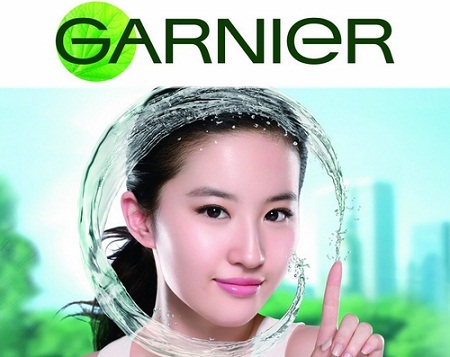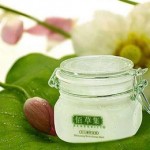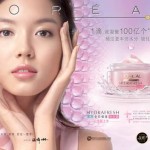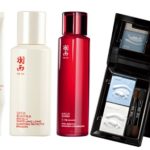Market analysis: Garnier in China
Garnier, named after Alfred Amour Garnier, the French chemist, was founded in 1903 when Garnier invented a hair washing product using plant extracts. Later the brand was bought by L’Oreal Paris, and became one of the brands of L’Oreal Group. Currently, it is the second largest brand in L’Oreal. Despite its great success, Garnier still sticks to the simplicity and openness that brought it to prominence decades ago. It promotes a natural, healthy, young, positive beauty rather than artificial beauty. Now, the products of Garnier can be seen in over 70 countries in the world. It entered China in year 2006. By working with skincare professionals, it has developed a series of skin care products specially catered to Asian females.
 Garnier established its first special counter in Carrefour in Shanghai(上海). The company now owns over 680 special counters in supermarkets and hypermarkets, large department stores and cosmetic shops in over 20 cities in China. Among these, there is one flagship store in Shanghai(上海) and one in Shenyang(沈阳). They are responsible for influencing and renewing the hair-dying methods of consumers. The main strategy is to provide live hair dying services and display the healthy and lively image to consumers.
Garnier established its first special counter in Carrefour in Shanghai(上海). The company now owns over 680 special counters in supermarkets and hypermarkets, large department stores and cosmetic shops in over 20 cities in China. Among these, there is one flagship store in Shanghai(上海) and one in Shenyang(沈阳). They are responsible for influencing and renewing the hair-dying methods of consumers. The main strategy is to provide live hair dying services and display the healthy and lively image to consumers.
Garnier invests a lot in its advertisements. Many famous celebrities in China endorse its products such as Leehom Wang(王力宏), Liu Yifei(刘亦菲), Rene Liu(刘若英) and Cyndi Wang(王心凌). Garnier has even recruited some Chinese celebrities to become spokesmen or spokeswoman for the company.
Garnier’s E-Commerce
In 2011, the total volume of online shopping in China amounted to 809 billion yuan with a year on year growth of 72.9%. 212 million people participated in online shopping in 2011, which is 41.5% of all netizens. With the quickly expanding trend of the online shopping market, Garnier has reached an agreement with Suning, one of the biggest online retailers in China, to set up its own online flagship store, which is expected to open in December, 2012.
Also, Garnier has reached an agreement with 56.com. In recent years, 56.com has become the commercial partner of many big international brands such as P&G, Pepsi, and Nestle in China. Although TV advertising used to be the most common type of advertising, this is no longer the case. The Internet is now attracting more and more attention as a medium for advertisements, and advertisements on video websites like youku.com and 56.com are becoming more and more popular.
Daxue Consultant China
Sources:
Credit Photo: C2cc














